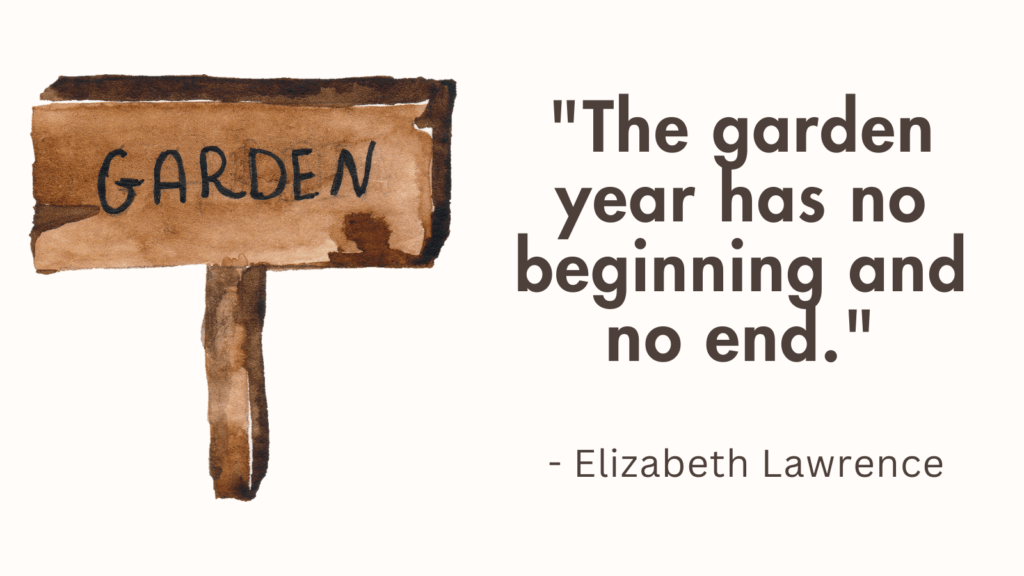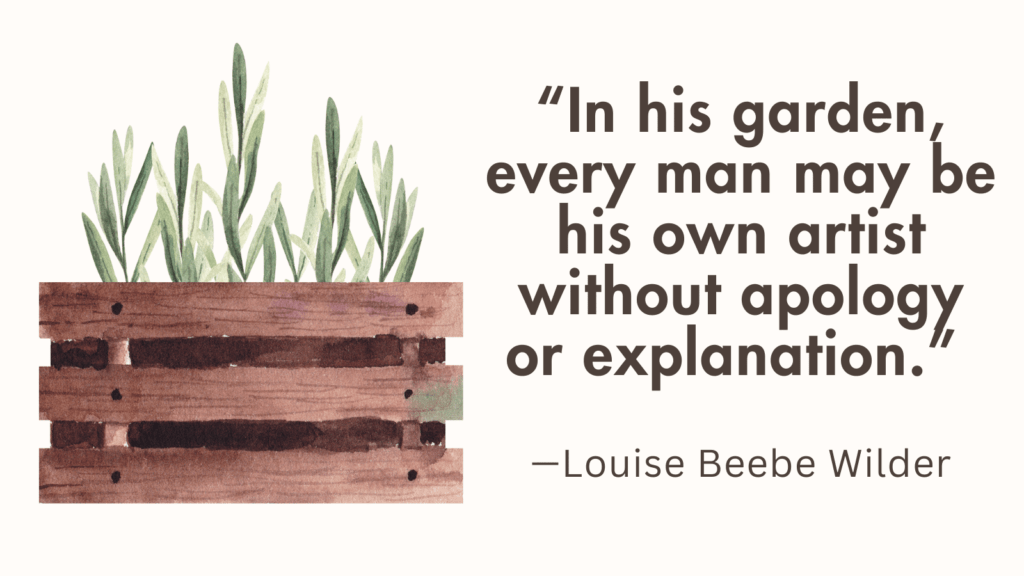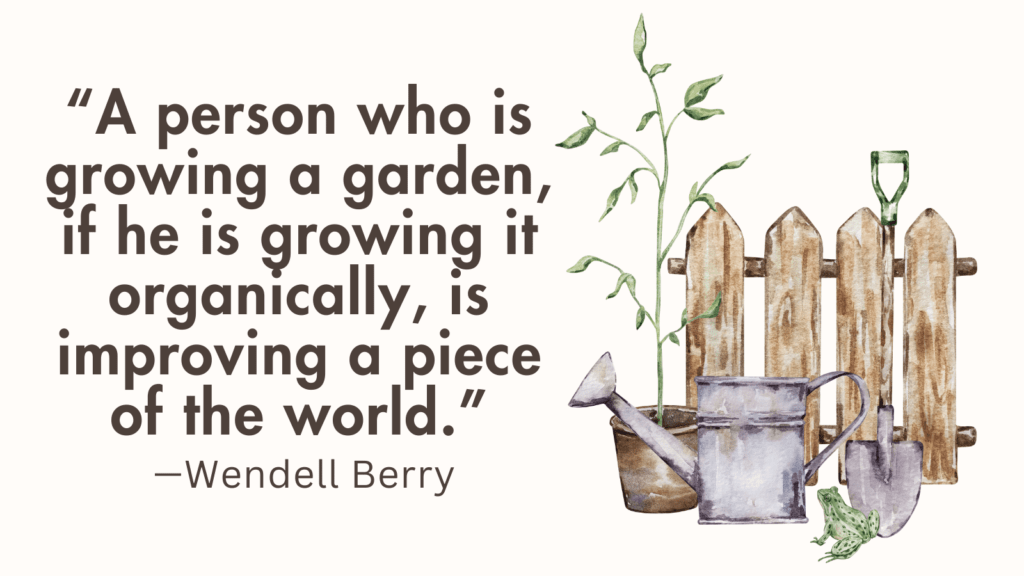In this post you’ll learn all about what rabbits eat in the garden and whether rabbits eat mint in the garden.
Do Rabbits Eat Mint In The Garden?
Rabbits are known to have a diverse diet, but when it comes to mint in the garden, their preference can vary.
Some rabbits may show interest in the aromatic leaves of mint plants and may nibble on them.
However, it is not typically their go-to choice for food.
Rabbits are more likely to be attracted to leafy greens, grass, and other herbs.
Mint has a strong scent that can act as a natural deterrent, making it less appealing to rabbits compared to other vegetation.
If you’re concerned about rabbits damaging your mint plants, you can take measures to deter them, such as installing barriers or using natural repellents.
It’s also essential to provide alternative sources of food for the rabbits to minimize their desire to snack on your garden plants.
What Do Rabbits Eat In The Garden?
Some of the plants that rabbits may eat in the garden include:
1. Leafy greens: Lettuce (romaine, butterhead, leaf lettuce), spinach, Swiss chard, kale, mustard greens, collard greens, and arugula.
2. Herbs: Parsley, cilantro, basil, dill, mint, oregano, thyme, sage, and rosemary.
3. Vegetables: Carrots, broccoli, peas, beans, celery, Brussels sprouts, cauliflower, radishes, beets, and turnips.
4. Flowers: Marigolds, pansies, petunias, nasturtiums, impatiens, dianthus, zinnias, snapdragons, and violas.
5. Fruit: Strawberries, raspberries, blackberries, blueberries, apples, pears, peaches, plums, and cherries.
6. Tender shoots and young plants: Rabbits are particularly fond of fresh, succulent growth, and may nibble on newly emerged seedlings, tender shoots of vegetables, and young herbaceous plants.
7. Bark and twigs: In winter when food sources are scarce, rabbits may gnaw on bark and twigs of shrubs or small trees.
While rabbits may eat these plants, it’s important to note that they are opportunistic herbivores and will typically target young, tender plants first.
Related: Garden Tool Box [Complete Guide + Resources]
How To Protect Your Plants From Rabbits?
To protect your plants from rabbits, you can take various preventive measures. Here are some effective strategies:
1. Fencing
Install a sturdy fence around your garden area.
Use wire mesh or hardware cloth with small enough openings (around 1 inch) to keep rabbits out.
Ensure that the fencing is buried at least 6 inches deep to prevent them from burrowing under it.
2. Plant barriers
Surround vulnerable plants with protective barriers.
Use chicken wire or hardware cloth to create cages or cylinders around individual plants, making sure they reach a few inches above and below ground level.
3. Repellents
Apply commercially available rabbit repellents, which are usually made from natural ingredients such as garlic, pepper, or predator urine.
Follow the instructions on the product for proper application and reapplication.
Related: How To Put Slate In A Garden?
4. Scare tactics
Introduce scare devices like motion-activated sprinklers, reflective tape, or noise-making devices near your garden to startle and deter rabbits.
Additionally, garden wind chimes or pinwheels may help act as visual deterrents.
5. Rabbit-resistant plants
Incorporate plants that rabbits tend to avoid into your garden. Some examples include lavender, rosemary, thyme, salvia, marigolds, daffodils, foxgloves, snapdragons, and yarrow.
Check with your local garden center for more recommendations based on your region.
6. Natural barriers
Create natural barriers by planting thorny or prickly bushes, like roses or holly, around your garden perimeter.
This can make it difficult for rabbits to access your plants.
7. Garden maintenance
Keep your garden tidy by removing weeds, fallen fruits, and vegetation debris regularly.
Clearing away hiding spots can discourage rabbits from taking up residence nearby.
Remember that no method is 100% foolproof, and effectiveness can vary depending on factors such as rabbit population density and hunger levels.
It’s often best to combine multiple strategies to increase your chances of success in protecting your plants.
Related: Why Do You Plant Rosemary By Your Garden Gate?

Garden Cart
*As an Amazon Associate I earn from qualifying purchases, at zero cost to you, if you click through the link and finalize a purchase.





